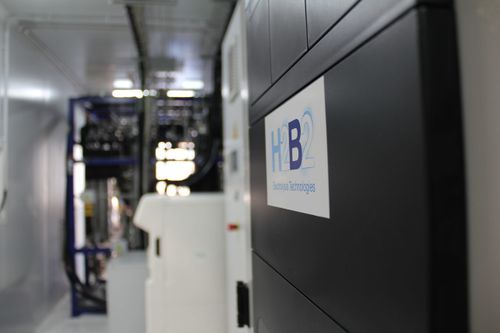Gevo, along with its wholly owned subsidiary Verity Holdings, and ClearFlame Engine Technologies will collaborate to drive decarbonization traceability from field-to-fleet for the road freight transportation market in the United States, according to a news release.
Road freight transportation consumes an estimated 29 billion gallons of fuel in the US every year.
“Under this collaboration, the parties intend to use Verity’s proprietary carbon accounting software to authenticate the carbon intensity (CI) of biofuels derived from crops grown on US farms to their consumption in ClearFlame-equipped trucks,” the release states. “The Verity platform would track environmental attributes from field-to-fleet.”
At the field level, data regarding the greenhouse gas emissions required to grow a crop are tracked to calculate a CI score for the crop, e.g., corn. That corn is then processed by an ethanol plant where the energy usage, potential carbon capture and other carbon abatement efforts would be quantified to deliver low-carbon ethanol for use by ClearFlame and their customers.
“By replacing diesel fuel with engines that run on 100% ethanol, ClearFlame has shown greenhouse gas emissions reductions of 42%, helping companies to meet their ESG goals while supporting rural communities,” the release states. “In addition, a ClearFlame retrofit changes fewer than 5% of parts on an existing vehicle.”







